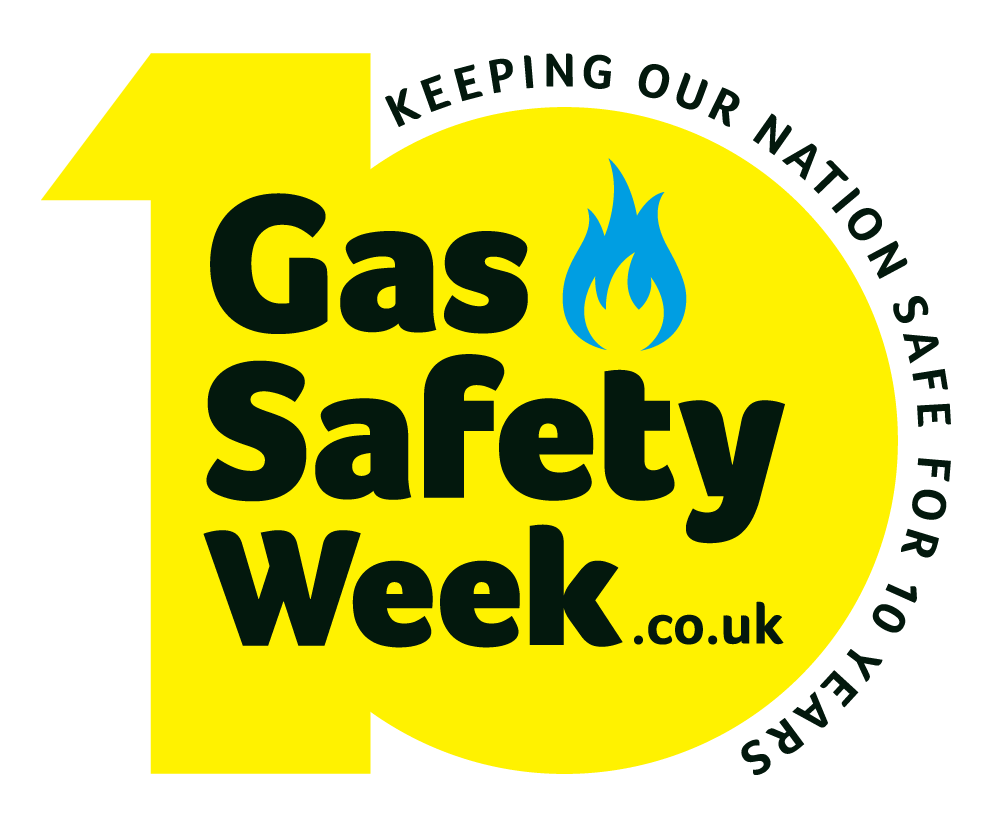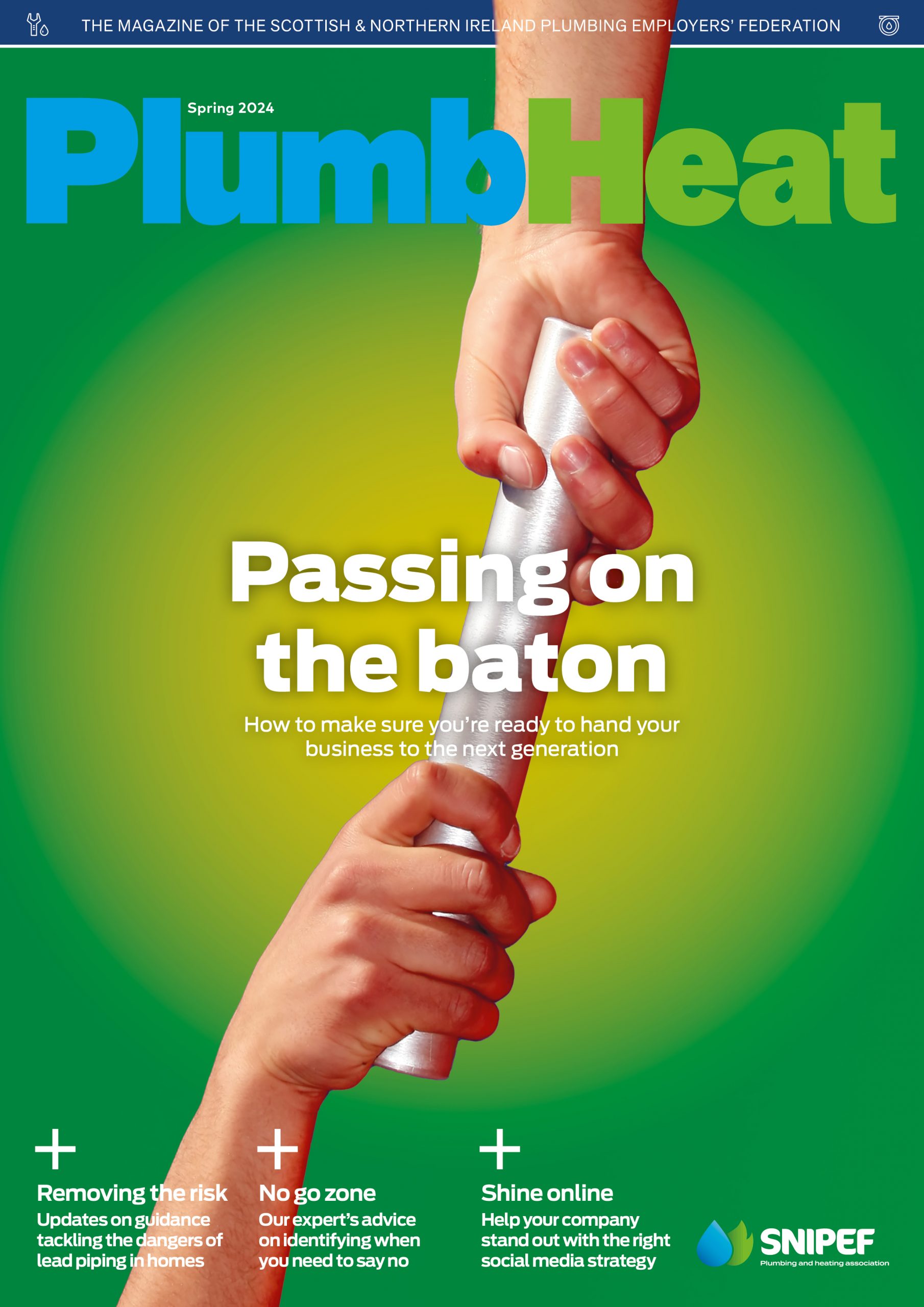Gas Safety Week 2020: Fighting for a Gas Safe Nation
September 21, 2020

SNIPEF proudly supported Gas Safety Week, which ran from 14 to 20 September 2020, to help raise awareness about the importance of gas safety and the importance of taking care of your gas appliances. It is coordinated by Gas Safe Register, the official list of gas engineers who are legally allowed to work on gas.
The tenth annual Gas Safety Week saw organisations from across the UK work together to raise awareness of the dangers of poorly maintained gas appliances, which can cause gas leaks, fires, explosions and carbon monoxide (CO) poisoning. CO is a highly poisonous gas that can kill quickly and without warning, as you cannot see it, taste it or smell it.
Over the week, SNIPEF reminded our members of the small things they could do to ensure their customers know how to keep themselves safe around gas. Our social media campaign across Facebook and Twitter shared gas safety tips and information for both members and customers.
Follow these few simple checks to keep you and your family safe:
- Check your gas appliances every year. Gas appliances should be safety checked once a year and serviced regularly by a Gas Safe registered engineer. Tenants – make sure your landlord arranges this. Set a reminder so you don’t forget at StayGasSafe.co.uk.
- Look out for friends and relatives. Some people may be unable to arrange their own gas safety check or may be unaware of what they need to do to keep safe. Help your loved ones by ensuring that they have their appliances checked and serviced regularly.
- Check your engineer is Gas Safe registered. You can find or check an engineer at GasSafeRegister.co.uk or call 0800 408 5500.
- Check your engineer is qualified for the type of gas work you need doing e.g. natural gas, domestic boiler. You can find this information on the back of their Gas Safe ID card and on the Gas Safe Register website.
- Check for warning signs that could indicate your (or others) appliances are not working correctly. Signs may include lazy yellow /orange flames instead of crisp blue ones, black marks on or around the appliance, a pilot light that keeps going out and too much condensation in the room.
- Know the six main symptoms of carbon monoxide poisoning – headaches, dizziness, breathlessness, nausea, collapse and loss of consciousness.
- Install an audible carbon monoxide alarm and make sure your friends and relatives have one too. Check they are marked EN50291 and display the British Standards’ Kitemark.
For gas safety advice and to find or check an engineer visit the Gas Safe Register website at GasSafeRegister.co.uk. Alternatively, call the free helpline on 0800 408 5500.


